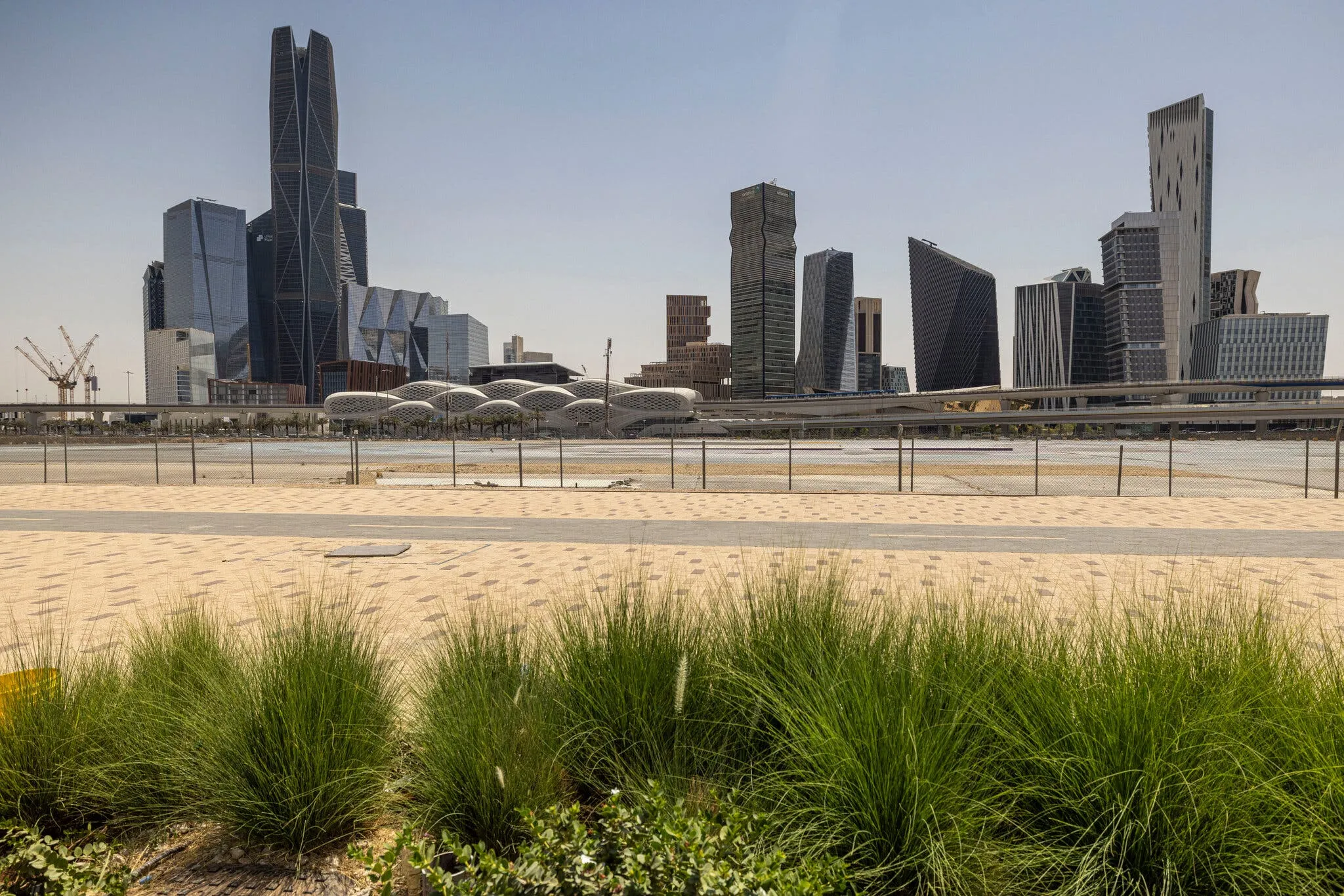Iranian-American Detained Amid Rising Tensions: What You Need to Know
In a troubling development amid escalating tensions between the United States and Iran, Iranian-American journalist Reza Valizadeh has reportedly been detained in Iran for several months. The U.S. State Department confirmed this information on November 3, 2024, raising concerns about the implications for U.S.-Iran relations and the treatment of dual citizens in the Iranian legal system.
Who is Reza Valizadeh?
Reza Valizadeh is a journalist with a history of working for Radio Farda, a U.S. government-funded broadcaster that operates under the U.S. Agency for Global Media. This organization is often viewed as adversarial by the Iranian regime, which has led to Valizadeh’s previous conflicts with Iranian authorities. His detention comes at a time when the geopolitical landscape is fraught with tension, particularly following threats from Iran’s Supreme Leader Ayatollah Ali Khamenei, who warned of a “crushing response” to Israeli actions against Iran.
What Led to His Detention?
Valizadeh’s detention is not an isolated incident but rather a culmination of rising tensions between the U.S. and Iran. The announcement of his detention coincided with the 45th anniversary of the American Embassy takeover in Tehran, a pivotal moment that has shaped U.S.-Iran relations for decades. This historical context adds a layer of complexity to Valizadeh’s situation, as it underscores the long-standing animosity and mistrust between the two nations.
In February 2024, Valizadeh took to social media to reveal that his family members had been detained in an apparent attempt to pressure him into returning to Iran. This alarming revelation highlights the lengths to which the Iranian government may go to exert control over individuals with ties to the West.
The Circumstances of His Return
In August 2024, Valizadeh indicated that he had returned to Iran after spending 13 years abroad. He did so without any security guarantees from Iranian authorities, a decision that many observers find perplexing given the risks involved. His return appears to have been motivated by a desire to reconnect with his roots, but it has ultimately led to dire consequences.
Currently, Valizadeh is being held at Evin Prison, notorious for housing political prisoners and dissidents. He faces charges in Iran’s Revolutionary Court, which is known for its secretive proceedings and the use of undisclosed evidence against defendants. This lack of transparency raises serious concerns about the fairness of the legal process he will face.
A History of Conflict
This is not Valizadeh’s first encounter with Iranian authorities. He faced arrest in 2007, indicating a long-standing history of conflict with the regime. His previous experiences may have informed his decision to return to Iran, but they also serve as a stark reminder of the risks involved for individuals with dual citizenship.
U.S. Government Response
In light of Valizadeh’s detention, the U.S. State Department has condemned Iran’s practice of unjustly imprisoning dual citizens for political purposes. Officials are currently working with Swiss representatives to gather more information about his case, as Switzerland represents U.S. interests in Iran. The U.S. government’s response underscores the seriousness of the situation and its potential ramifications for diplomatic relations.
Bargaining Chips in Geopolitical Tensions
Historically, Iran has used detained individuals with Western ties as bargaining chips in negotiations. Valizadeh’s case may fit into this pattern, particularly as tensions between the U.S. and Iran continue to escalate. The Iranian government may view his detention as a strategic move to leverage negotiations with the West, especially in light of recent military escalations and diplomatic tensions following Israeli attacks on Iranian interests.
Media Coverage and Public Awareness
The story of Reza Valizadeh has garnered significant media attention, with outlets like Voice of America being among the first to report on the State Department’s acknowledgment of his detention. This coverage is crucial in raising public awareness about the plight of dual citizens in Iran and the broader implications for U.S.-Iran relations.
Conclusion
The detention of Reza Valizadeh is a stark reminder of the complexities and challenges facing dual citizens in Iran, particularly amid rising geopolitical tensions. As the U.S. government works to secure more information about his case, the implications for U.S.-Iran relations remain uncertain. Valizadeh’s situation highlights the precarious nature of diplomacy in a region fraught with historical animosities and ongoing conflicts. The world watches closely as this story unfolds, hoping for a resolution that prioritizes human rights and justice.






Leave a Comment